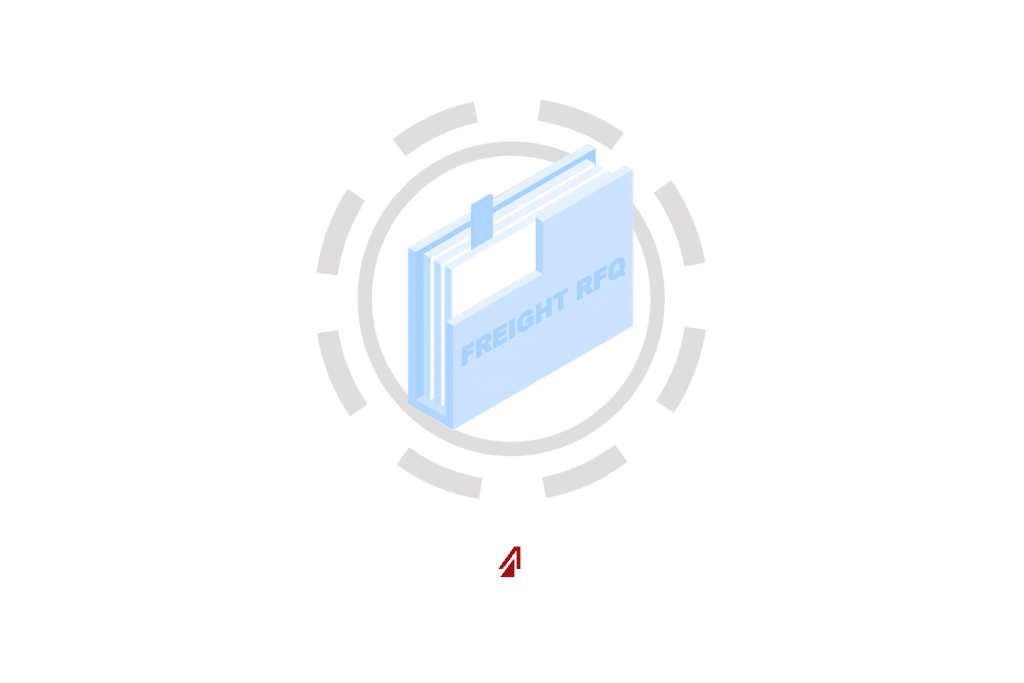Most shippers make their freight changes in the fourth quarter and send out requests for quotes (RFQs) to carriers and logistics service providers in time to meet the spring shipping rush. Many businesses are ending their fiscal year and want to find ways to create savings and value for the next year. Having the right freight RFQs in place can help companies contact the right providers, find savings, and improve freight and service quality. Take a look at these 4 tips to help your company send the right RFQs.
Find the Right Providers
To help create the right freight RFQ, it is important for your company to ask some important questions like:
• What is your overall carrier strategy?
• What are your logistics goals?
• What are your current successes and challenges?
These questions can help you decide which carriers or service providers you will need to contact for your RFQ.
Carrier Strategy
Knowing what your carrier strategy is will help you know which providers to contact and can affect the RFQ you send. For instance, if you have the internal capability to manage your logistics, you may prefer contracting a carrier. You would have total control over your supply chain and have direct communication with your carrier for scheduling and updates. However, if your company is not designed to manage its own supply chain, you may want to contact a 3PL. 3PLs are able to handle your logistics needs for you and let you focus on your core competencies.
You will want to format your freight RFQ to specifically target the provider you need. You will want to find the option that provides the right amount of visibility and control for your company. Not to mention have the right price.
Logistics Goals
Before requesting quotes from multiple service providers, evaluate your goals. Decide on important issues, such as if you need to save money on your supply chain or if you need to improve your customer service levels. Also, evaluate whether you can save money indirectly be diverting resources or reducing costs like staffing or warehousing.
Current Successes and Failures
You should assess your company’s strengths and weaknesses. Then, determine your company’s KPIs and use them to determine what type of provider you need.
The Right Provider
Once you determine what type of provider you need, it is essential to find the right provider for your company. Each carrier or 3PL has its own specialties (e.g. specific region, specific truck type, preferred freight type, etc.) so it is important to target specific providers for your RFQ. You will want to find an operation that can accommodate the amount and type of freight you need to ship, so you can filter out providers that are too large or too small for your needs.
Looking for the right 3PL provider? We can create a perfect fit solution for your logistics needs LEARN MORE
Send Clean, Accurate Information
The right RFQ will be easy for partners to answer, and that means your request must be clean and legible and provide the necessary details for an accurate quote.
Clean and Legible
It is important for RFQ managers to be able to read and interpret your questions, in an RFQ, so they can provide you with the most accurate quote possible. Part of this is being able to obtain data in a clear, useful format. These can include reports or other forms of documentation that outline your current service needs and what you want to achieve. A transportation management service (TMS) is a useful tool in gathering this necessary data and forming it into useable reports. Also, it is important for you to outline what form you want your response to be in so that providers do not send you unclear, illegible data as well.
Necessary Details
Logistics providers need to know accurate details in order to provide an accurate quote. There are several questions you should provide answers to in your freight RFQ. For instance:
• How much you are shipping – These are the number of orders, as well as the size, pieces, and weight of typical orders.
• When and how often – Providers will need to know your annual number of shipments as well as how many per week or month.
• Origins/Destinations – These are where your freight is coming from and going to.
• Commodity – This is what is being shipped and any specialized directions for this commodity.
These are the bare minimum questions providers will need answered. During further negotiations, providers will need to know things like:
• Whether there are appointment times at your facilities or delivery windows.
• What the typical driver wait times are.
• Whether pickups and deliveries will be made during the week or on weekends.
• How much lead time there will be for a shipment.
Providers need this information to determine if they have the capacity to meet your needs. So, it is important to be as accurate as possible.
More accurate data means more planning….more planning means more savings. Let’s create your unique plan LEARN MORE
Include Additional Services
If your freight requires extra service details, it is important to include that in your freight RFQ. These services can vary, but if you need them, it is important that your potential providers are aware. Special requests or instructions could include needs like:
• Light or temperature control
• Trailer condition or quality
• Liftgate accessibility
• Etc.
Explain Your Carrier Expectation
You will want to develop strong relationships with your logistics service provider, and one of the best ways to do that is to communicate with them. Develop and define KPIs for your providers and let them know what these are. If the carrier is able to accommodate, you can continue together successfully. If not, it is better to know that from the outset rather than struggle to work together during high-pressure situations.
It is also important that you outline consequences for failing to meet expectations. Whether a load delivers late or your carrier cannot guarantee capacity, carriers need to know what will happen if they cannot meet your expectations.
You should also explain to them what to expect from you so they can provide an accurate quote.
So, whether you are looking to cut costs on your logistics services or find a higher quality provider, sending freight RFQs can be an effective method for finding the right service provider for your needs. When preparing an RFQ, you want to be sure to send it to the right type of provider, give them all the necessary details in a clear concise way, list any additional services you require, and be honest with them about your expectations. With these tips, you can save time and money by finding the right provider for your logistics services.
Let’s talk about your logistics needs LEARN MORE



